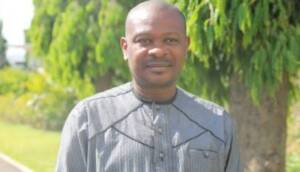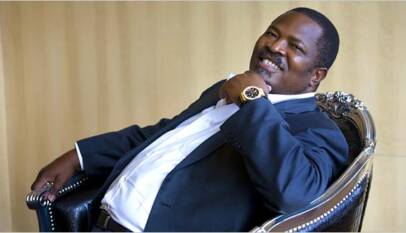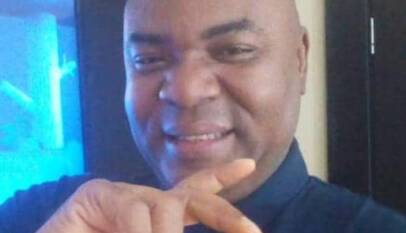Igbo question: Secession or Struggle for a just Nigeria?

By Okechukwu Nwanguma
No rational Igbo man or woman can deny a painful truth: the Igbo have suffered systemic injustice, historical marginalization, and deliberate exclusion in Nigeria’s political and economic life.
From the aftermath of the civil war to the present day, the scars of neglect remain unhealed. Successive administrations—particularly those dominated by entrenched northern political interests—have perpetuated this imbalance.
These concerns were clearly articulated during the 1984 Constitutional Conference under General Abacha and again at President Goodluck Jonathan’s 2014 National Conference.
On both occasions, proposals aimed at promoting equity, justice, and inclusion were either blocked or diluted by northern political actors who have consistently resisted genuine restructuring.
The same conditions that compelled the Igbo—under the leadership of Chukwuemeka Odumegwu Ojukwu—to seek secession in 1967 have not substantially changed.
The much-heralded post-war policy of “No Victor, No Vanquished” and the promised Three Rs—Reconciliation, Rehabilitation, and Reintegration—were never fully realized. Instead, we witnessed the institutionalization of exclusion.
Unsurprisingly, the same sense of injustice and alienation has reignited separatist agitations—first with MASSOB under Ralph Uwazurike, and later the more radical IPOB under Nnamdi Kanu. While the grievances at the heart of these movements are valid, the methods adopted—particularly under IPOB—have raised serious concerns among many Igbo who share the same aspirations but differ in their approach.
Many Igbo, although sympathetic to the political goals of the separatist movement, have distanced themselves due to IPOB’s militant rhetoric, authoritarian tendencies, and divisive tactics.
A disturbing pattern emerged: those who questioned or criticized Kanu’s approach were branded saboteurs (or efulefu) and subjected to threats, harassment, and even violence. This growing intolerance betrayed the undemocratic ethos of a movement that claims to be fighting for freedom and justice.
What, then, is the point of replacing one form of oppression with another? If the vision of Biafra rests on authoritarianism, personality cults, and intolerance of dissent, then it offers no better alternative to the Nigeria we seek to escape.
How can a future Igbo nation governed by militant enforcers or self-serving elites deliver the freedom, justice, and prosperity we desire?
Secession does not guarantee justice, good governance, or development. Fixing Nigeria—however arduous—is a more sustainable and inclusive path.
The true struggle lies in building a Nigeria where power is decentralized, human rights respected, the rule of law upheld, and leadership held accountable. That is the path to genuine liberation.
Those who attack, maim, or kill fellow Igbos for exercising their democratic rights to free speech and dissent do not represent a better future. They imitate the same tyrannical forces they claim to oppose.
The Igbo spirit is one of enterprise, intellect, and resilience, not of blind submission to cult figures or violent ideologies.
Nigeria must be restructured and democratized. That is the longer, tougher, but ultimately more rewarding road to dignity, equality, and justice—for the Igbo and all Nigerians.
CP Orutugu assures Aguata, Otuocha of neutral Police stand ahead of gov poll
Stanley Ihedigbo As part of ongoing security engagements ahead of the November 8, 2025, An…






